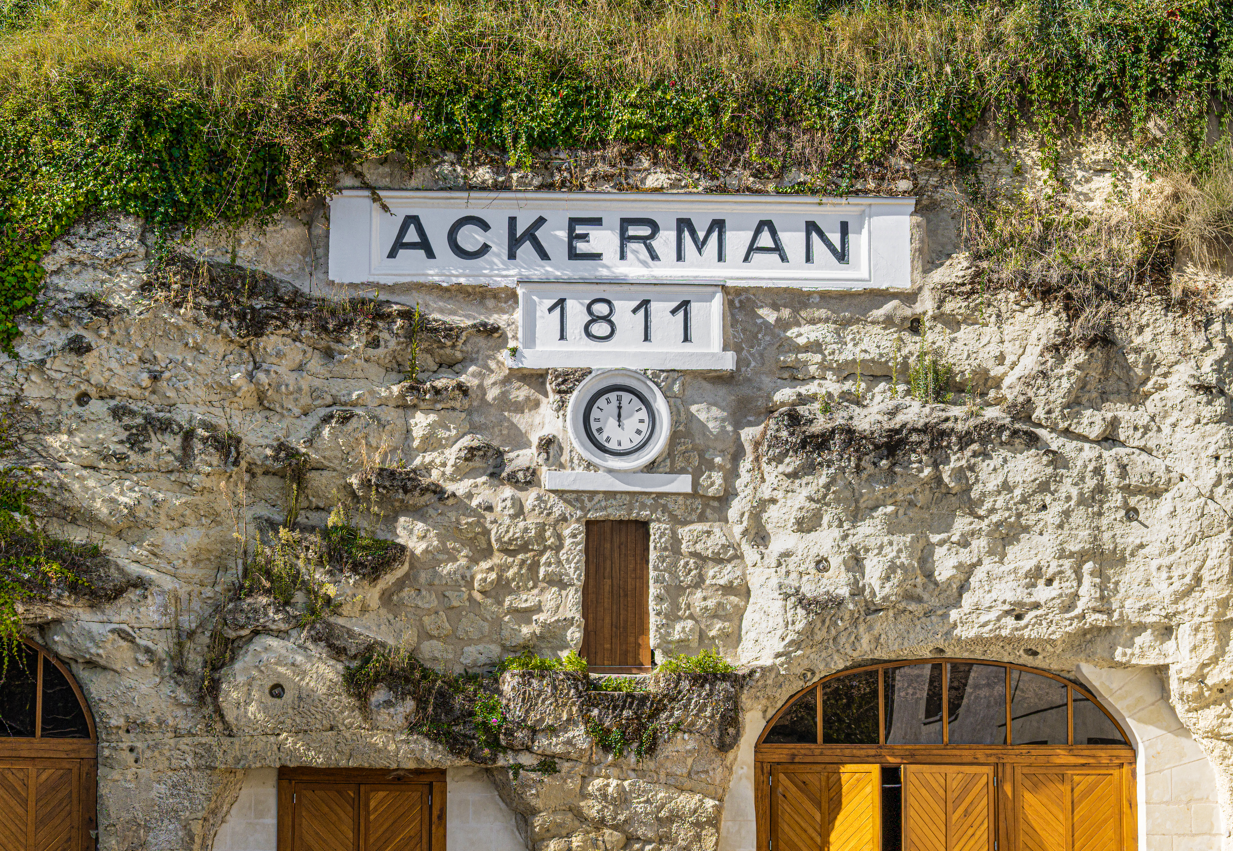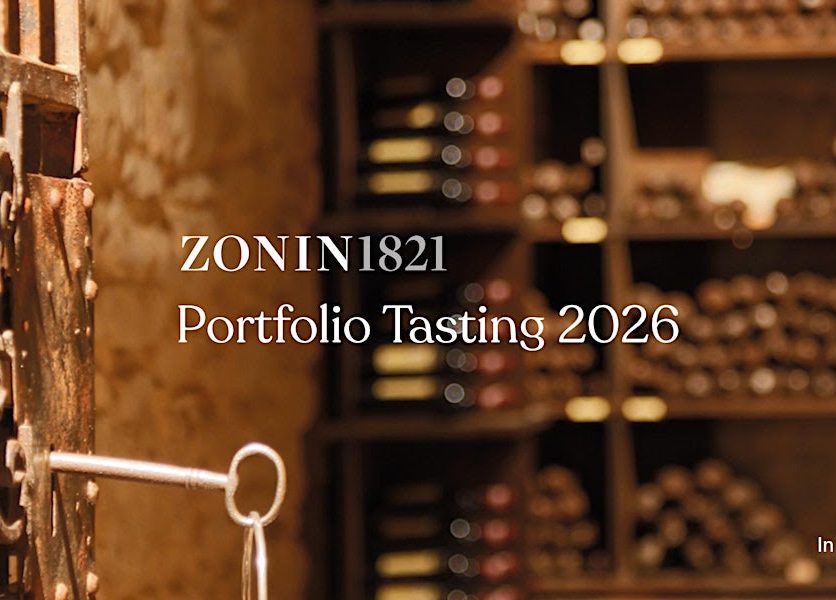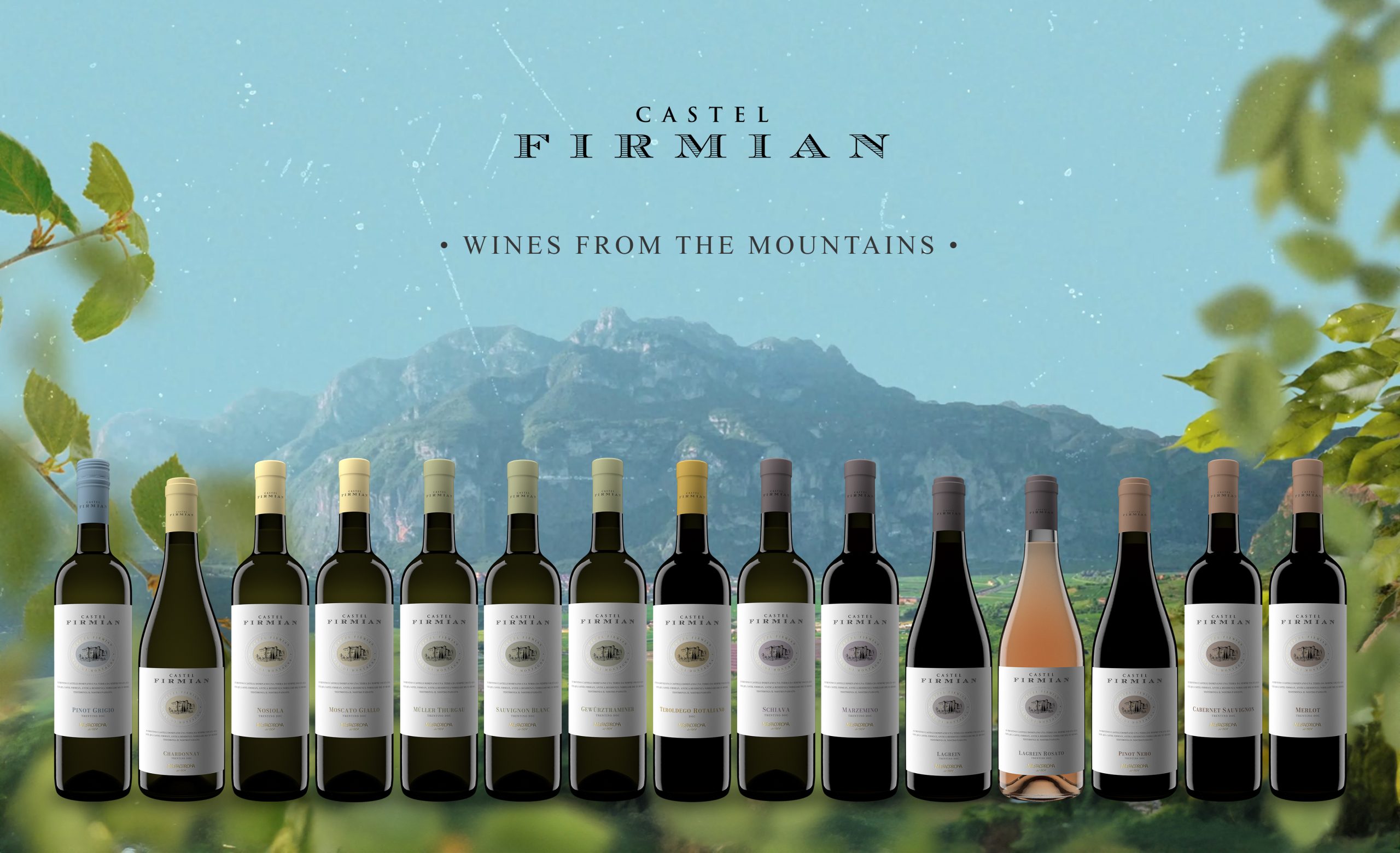Cabernet Noir ‘could satisfy demand for fuller bodied red wine in UK’
Sergio Verrillo, co-owner of urban winery Blackbook in London, believes disease resistant Swiss hybrid grape Cabernet Noir could provide the solution to the “desperate need” for fuller bodied red wines made in the UK.
Speaking to the drinks business, Verrillo said Cabernet Noir, which is a PIWI or fungus resistant variety, has various attributes which mean it could succeed in the UK.
Verrillo made a wine using the variety last year, describing it as similar to a Cabernet Franc from the Loire, with a medium body, refined tannins and notes of “raspberries, strawberries, red and black currants alongside savoury notes of leather and tobacco”.
The variety, also known as VB 91-26-4, was developed in 1991 by Valentin Blattner in the Swiss Jura by crossing Cabernet Sauvignon with an undisclosed disease-resistant variety, according to Wine Grapes.
Currently there are limited plantings in Switzerlands, the Netherlands, Belgium, Denmark, France and the UK.
Verrillo, who sources grapes from East Anglia, Essex and Oxfordshire to produce wine in Battersea, says that initial trials have shown that the variety does well in the UK.
“The grapes ripen with low acids and higher sugar accumulation, and they do not get disease easily, keeping spraying and use of other chemicals down,” he said.
“The UK is in desperate need of fuller bodied styles of red wine. Wine that is intrinsically interesting and complex beyond the norm of English and Welsh red wine, which is really difficult.”
While Pinot Noir is the most planted variety in the UK, with 1,063ha in Britain, and Meunier is third with 394ha, both varieties are more commonly used in the production of sparkling wine.
That said, an increasing number of reds have been made with Pinot Noir from producers including Bolney, Gusbourne, Hush Heath, Chapel Down, Litmus, Winbirri and Lyme Bay. However, due to the variable weather patterns, and the pernickety nature of Pinot Noir, other grapes including Rondo and Dornfelder, are often used to make a red blend.
Verrillo believes the name ‘Cabernet Noir’ has commercial appeal, and may be easier for consumers to get behind than Rondo or Dornfelder.
“We need something that can be more relatable than Rondo or Dornfelder. Furthermore, Rondo, Dornfelder, Regent, and other random hybrids widely planted in the UK do not make great red wines, in my opinion,” he said.
“I personally have never liked the wines produced from those varieties and felt that they were challenging to drink or unpleasant.
Partner Content
“The profile of Cabernet Noir is one that is reminiscent to Cabernet Sauvignon, or in our case with the wine Blackbook made last year, Cabernet Franc. I would say that the larger public body prefers Cabernet Sauvignon attributes and characters than those weird and wonderful hybrids.”
Verrillo still stresses the importance of site selection, believing that the variety would do well in warmer and drier parts of East Anglia and Kent. He highlighted that the number of bunches per vine, and thus yields, must be kept low in order for the grapes to fully ripen.
“Climatically the UK is on the limits of suitable growing conditions, which is why sparkling wine has proved so successful,” he added.
“In order to be financially viable, a minimum tonnage/acre needs to be achieved. While most vineyards are considered low yielding by world standards (3 to 4 tonnes per acre), there is a threshold whereby grapes will not ripen, phenolically or analytically, and this plays a critical role in still wines.
“Cabernet Noir needs to ripen fully, therefore, the number of bunches per vine need to be lower than the industry standard to achieve a flavour profile beyond pyrazines, or unripe green flavours, and the ability to create a really great wine in normal years.”
Opened in 2018, Blackbook has released a number of wines including the GMF sparkling, a Chardonnay aged in 20% new oak barrels, and a still Pinot Noir. Verrillo stated that while he’d like to continue “having fun”, he is aiming to drive sales in the next year, increasing his consumer base and gaining new members of his wine club.
He also is shifting his winemaking focus, leaving behind the majority of Germanic hybrids to focus more on using Pinot Noir and Chardonnay.
Read more:
BLACKBOOK WINERY RELEASES ‘FIRST’ LONDON-GROWN WINE SINCE ROMAN ERA




